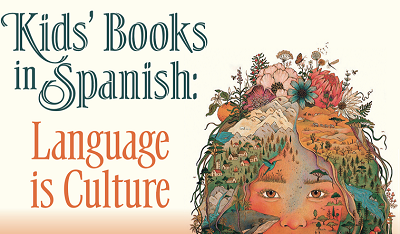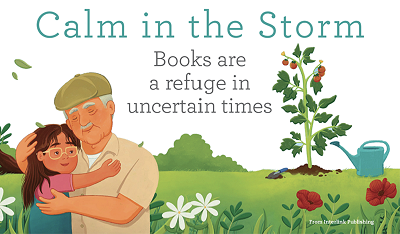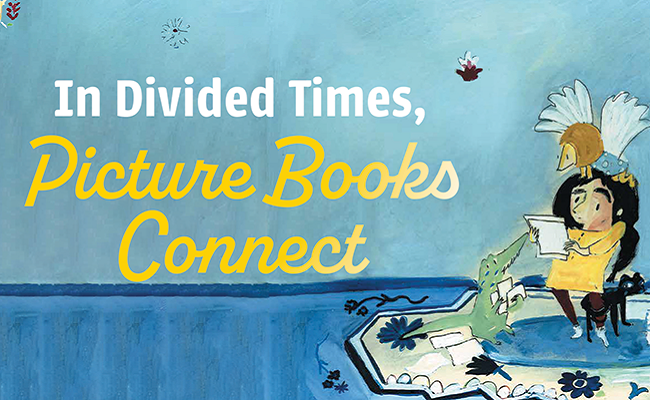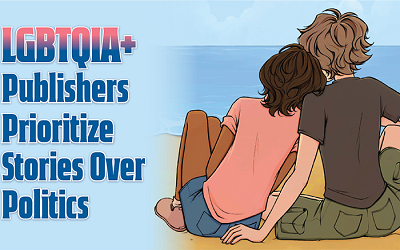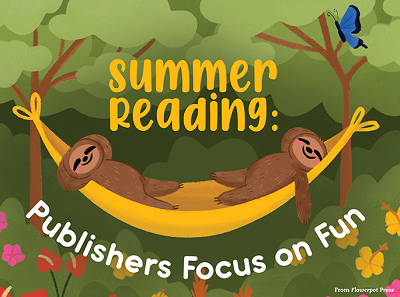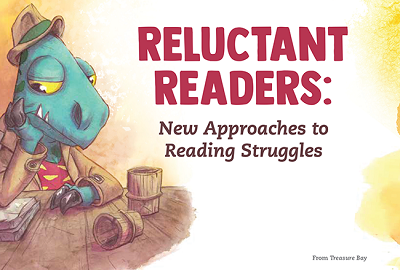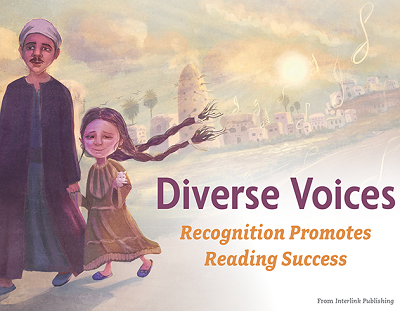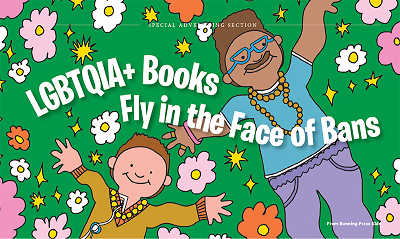Jessica Levine
20 Articles
From:
To:
Kids’ Books in Spanish: Language Is Culture
Because language is inextricably linked to culture, every original Spanish-language book published makes Latinx culture more accessible to young readers. And many publishers select titles with specific Latinx-related content to amplify that benefit. Read on for a diverse array of new titles to help round out and enrich the cultural relevance of your Spanish-language collection this fall.
Calm in the Storm: Books Are a Refuge in Uncertain Times
Teachers and students are returning to school this fall amid a lot of uncertainty. But integrating books into the formal curriculum, and making books available for independent reading and enrichment, continues to be fundamental in helping schools achieve their learning and literacy goals.
In Divided Times, Picture Books Connect
“Connection is really the thing that we’re leaning into with this batch of picture books,” says Mary Kate Castellani, publishing director at Bloomsbury Children’s Books. “Connection to the past, connection across cultures, and that deep human connection.” Read on to see how the connection theme runs through other publishers’ new picture books, too.
LGBTQIA+: Publishers Prioritize Stories Over Politics
Despite the current Trump administration’s efforts to make the recognition of only two genders federal policy, publishers remain committed to inclusive representation of LGBTQIA+ characters and stories.
Summer Reading: Publishers Focus on Fun
It’s the perennial question of teachers, librarians, and parents alike: How do you get kids to read more over their summer break? Research has shown that kids’ favorite books are the books that they choose themselves. Understanding this, publishers focus on fun books for summer reading.
Reluctant Readers: New Approaches to Reading Struggles
With the 2024 Nation’s Report Card showing further declines in reading, more support for struggling readers and their educators has never been more important. Let’s take a closer look at these new series for struggling readers.
Diverse Voices: Recognition Equals Reading Success
As teachers and school librarians work to add more diverse voices to their libraries’ collections, we continue learning more about the impact of these efforts on literacy. According to First Book Research & Insights, “a majority of students chose to read diverse books that serve as mirrors, where they can see themselves.”
LGBTQIA+ Books Fly in the Face of Bans
More than 47 percent of the titles targeted [for book bans] represent LGBTQIA+ and BIPOC voices and experiences. Publishers are responding to book challenges by endorsing Right to Read acts, contributing book résumés to the Unite Against Book Bans initiative and continuing to prioritize titles representing LGBTQIA+ individuals and families.
Struggling and Reluctant Readers: Come for the Pictures, Stay for the Story
Publishers have long been dedicated to creating books that appeal to struggling and reluctant readers. Even before the pandemic, two-thirds of fourth graders were reading below grade level, according to the National Assessment of Education Progress. Now, the need for such books is even more crucial.
ALREADY A SUBSCRIBER? LOG IN
We are currently offering this content for free. Sign up now to activate your personal profile, where you can save articles for future viewing
